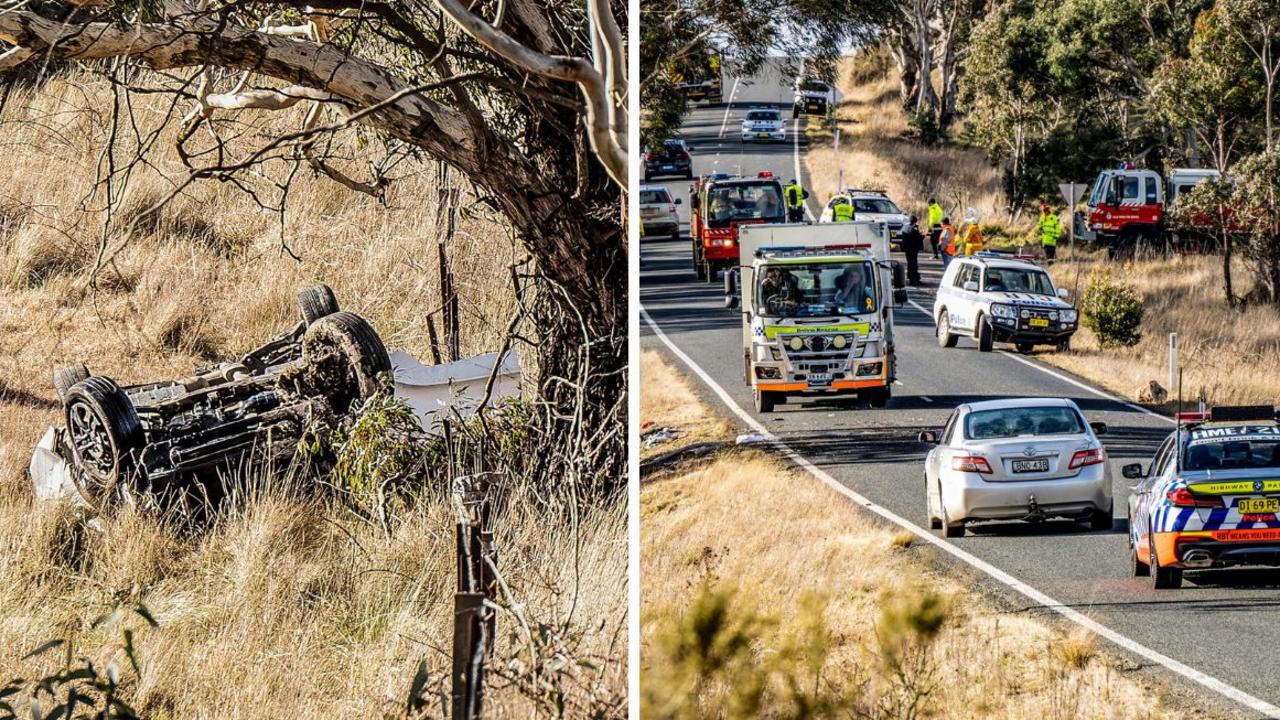Uber ‘wasted’ $3.5 billion on self-driving cars with no ‘meaningful progress’
More than a decade after launching, rideshare app Uber hasn’t made a single dollar in profit, but has “wasted” billions on a plan to create self-driving cars.
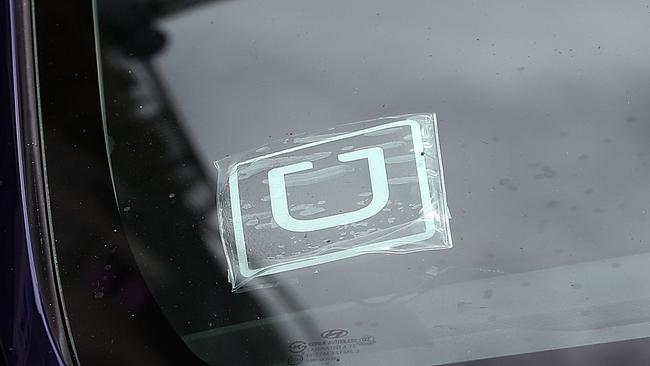
On the Road
Don't miss out on the headlines from On the Road. Followed categories will be added to My News.
Uber’s efforts to build a self-driving car have cost the company nearly $US2.5 billion ($A3.5 billion) and it’s still nowhere close to putting a driverless car on the road, according to a new report.[
The ride-hail giant’s Advance Technologies Group has been beset by infighting and setbacks, The Information reports, leading to fears that rivals like Alphabet-owned Waymo and Apple’s self-driving tech may soon leave it in the dust.
Despite the team first beginning its research in 2015, Uber’s self-driving car “doesn’t drive well” and “struggles with simple routines and simple manoeuvres,” a manager in the unit told CEO Dara Khosrowshahi, the report said.
“The talent is still here to get this job done, but the belief is waning,” he said.
The manager raised the alarm because the arm of the company “has simply failed to evolve and produce meaningful progress in so long that something has to be said before a disaster befalls us,” according to The Information.
RELATED: ‘Heroes of the pandemic’ being ripped off
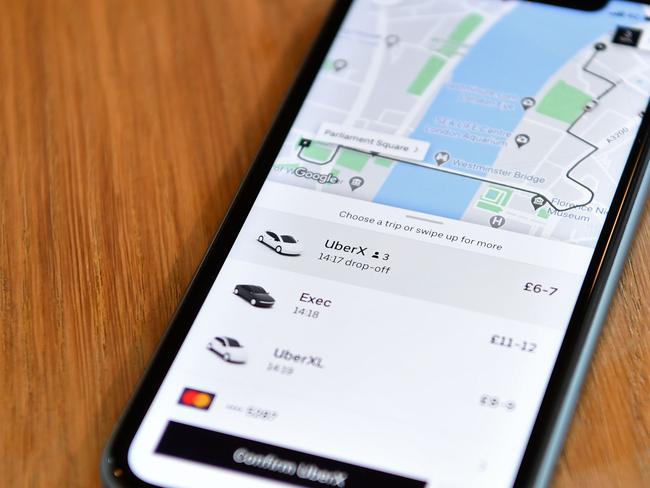
RELATED: Uber explains mysterious notifications
Teams within the group have competing philosophies, according to the report, with members who were recruited from aerospace or the government focused on safety above all, while engineers feel that progress is moving too slowly in the wake of a 2018 accident which saw a pedestrian killed by a self-driving Uber in Arizona.
The engineers feel that Uber “overcorrected” following the accident, and “want to go back to the … fatality days,” one member of the team told The Information.
Uber has been adamant about its public commitment to safety with its self-driving cars.
“We aren’t just building software and throwing it on the road and seeing how it works. Everything we make has to have rigour around it in verification (of the software’s safety),” Eric Meyhofer, chief of the self-driving unit, told The Information. “That can cause frustrations, and I see that too.”
RELATED: ‘Alexa, I’m being pulled over’
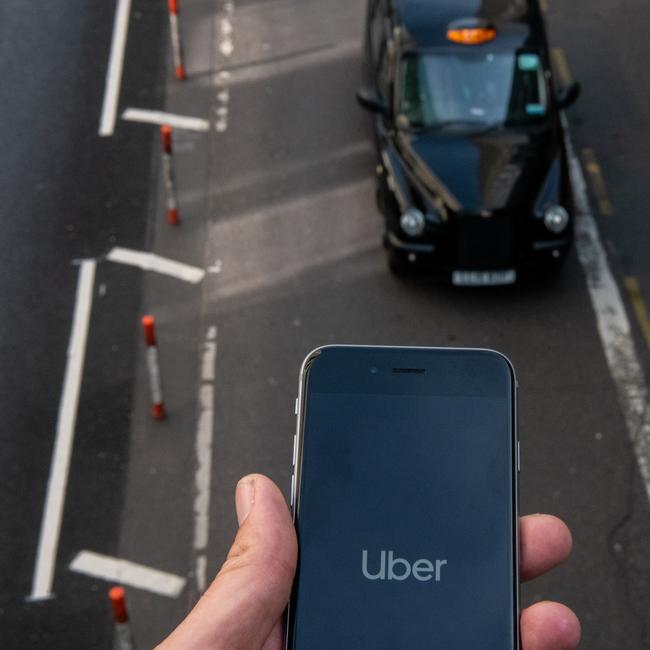
Jon Thomason, who last week revealed he was leaving Uber after three years as the head of software engineering for the autonomous team in favour of a CTO position at AI company Brain Corp, said in his farewell letter the team was increasingly “bogged down in many layers of things that are not real work, and most insidiously, activities that don’t even lead to real work”.
Employees within the unit are reportedly sceptical of the ability of Mr Khosrowshahi – the former CEO of Expedia – to hold the unit accountable.
Former CTO Thuam Pham, who quit in April, told the publication that over the past two years he “periodically raised concerns” about how much progress was being made by the unit.
“I just don’t understand why, from all observable measures, this thing isn’t making progress,” he said. “How come there hasn’t been accountability or transparency.”
Mr Khosrowshahi declined to comment on the report, but Mr Meyhofer defended the executive, calling him “more than proficient” in his understanding of Uber’s self-driving goals.
He said Mr Khosrowshahi “definitely has the chops to evaluate our milestones or our progress toward our milestones or to help in articulating what milestones to think about or how he’d like to see us describe our progress”.
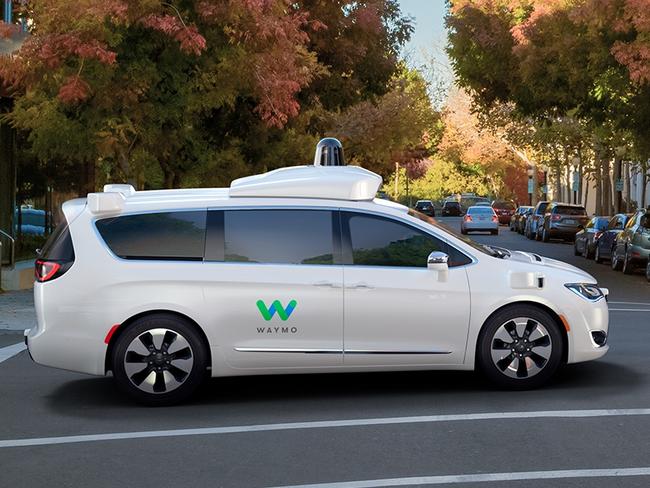
Mr Meyhofer said that the self-driving unit, which last year got a $US1 billion investment ($A1.4 billion) from a Toyota-led fund, would likely raise funds from outside investors, as profitability is still years away.
“Since we took the first investment money, that began the journey of us being thoughtful about how to go the distance,” he said. “We expect to have more partnerships.”
Shares of Uber were up 3.7 per cent on Monday morning after a British judge granted it an 18-month taxi license to continue operating in London, one of its biggest markets.
This article originally appeared on the New York Post and was reproduced with permission.
Originally published as Uber ‘wasted’ $3.5 billion on self-driving cars with no ‘meaningful progress’


